The Conference of Catholic Bishops of Burundi has voiced grave concerns about the escalating poverty plaguing families across the nation, citing the surging cost of living as a critical challenge. In a statement released on Sunday, the bishops highlighted how families’ dwindling purchasing power is being outpaced by relentless increases in food prices, along with hikes in transportation costs, construction materials, and clothing.
“The Catholic bishops are concerned about the increasingly pronounced poverty within families. Their purchasing power no longer allows them to cope with the relentless rise in food prices on the market. This price surge also affects nearly all sectors of social and economic life, such as transportation, construction materials, decent clothing, and more,” said the Conference of Catholic bishops of Burundi in a statement.
This concern aligns with observations from civil society organizations and political opposition, who warn of growing economic strain. The crisis is already threatening small businesses, with many on the verge of closure.
Local reports underscore the severity of the situation. Earlier on Monday, local radio station Kazoza FM reported that bakers and pastry vendors in Kanyosha, a neighborhood in southern Bujumbura, are struggling to stay afloat due to a sharp rise in flour prices, with the cost of a 25-kilogram bag soaring from 107,000 BIF to 148,000 BIF. Vendors report shrinking product sizes and growing customer dissatisfaction, while others have shuttered operations entirely, citing unsustainable losses.
Fuel shortages have compounded the crisis, further driving up costs and hampering economic activity. Vendors and small business owners are urging the government to address the shortages and stabilize prices to prevent further economic fallout.
In a televised interview with French public television channel TV5 Monde earlier on Sunday, President Évariste Ndayishimiye sought to downplay the concerns, asserting that life in Burundi remains more affordable compared to neighboring countries. “When discussing the shortage of basic necessities, go see for yourself in the region. Burundi is a country where life is cheaper. Ask the price of a kilogram of rice in Bujumbura, compare it with neighboring countries, and you will see that here, life is more affordable because, first and foremost, we ensure food security,” the president said.
However, critics argue that the president’s remarks do little to ease the struggles of ordinary Burundians, who continue to grapple with rising costs and limited purchasing power. As economic pressures mount, the Catholic Church —known for its bold stance on issues that few dare to address — has called for “all possible measures to be taken to alleviate the burden of this poverty weighing on the Burundian people.”

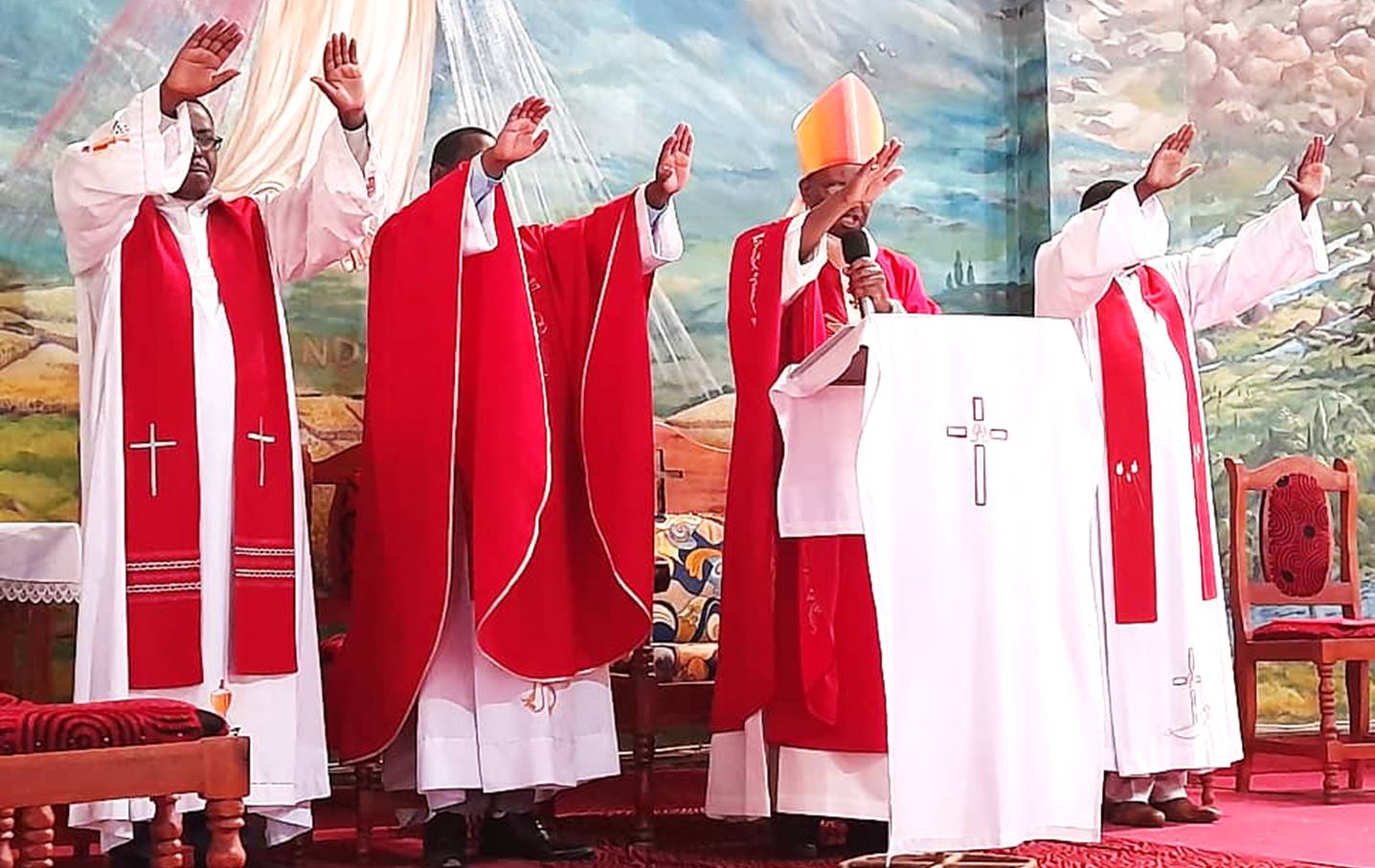


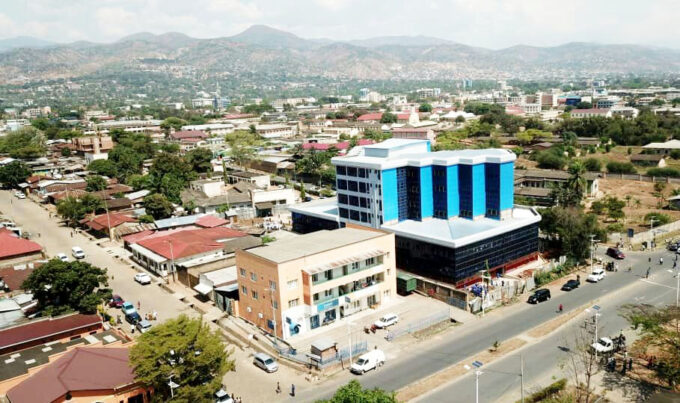
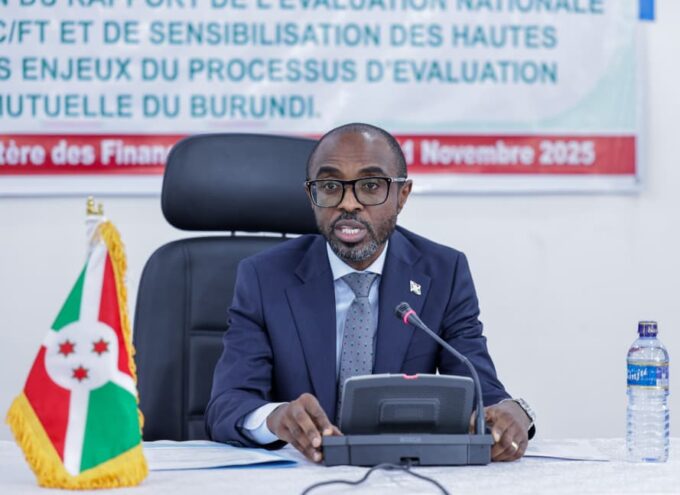
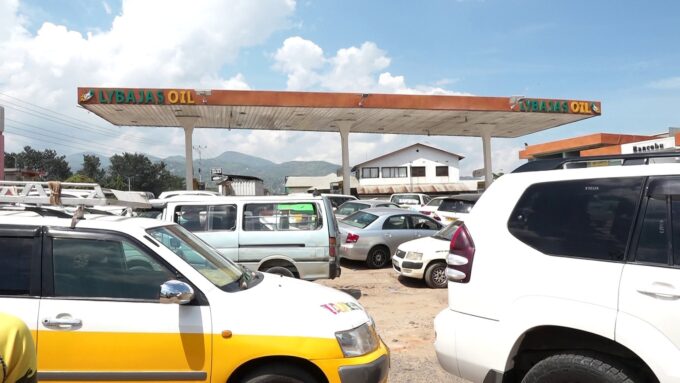
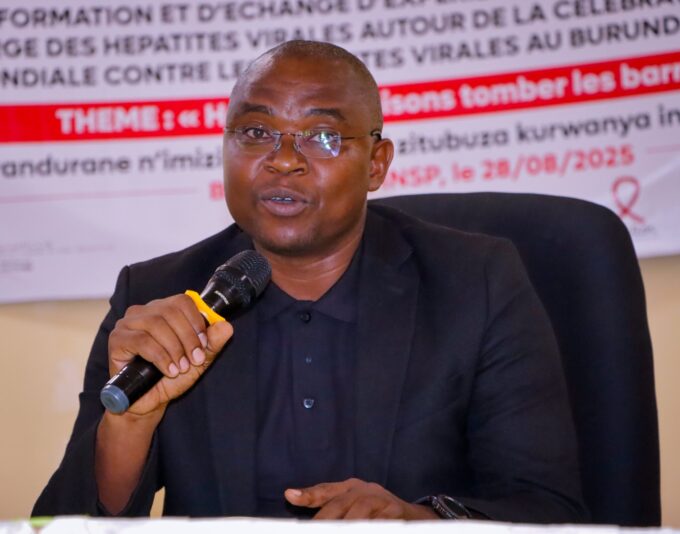
2 Comments